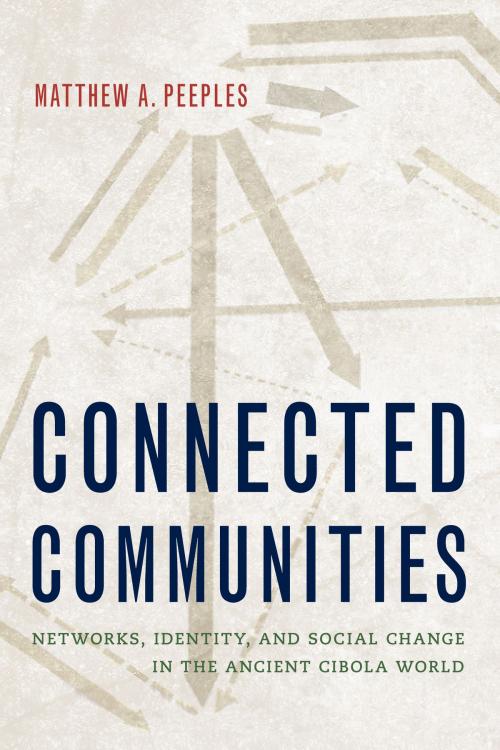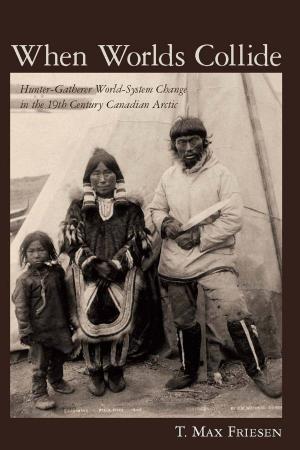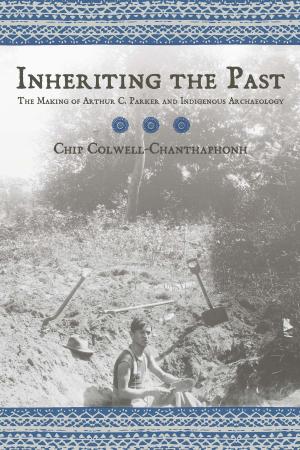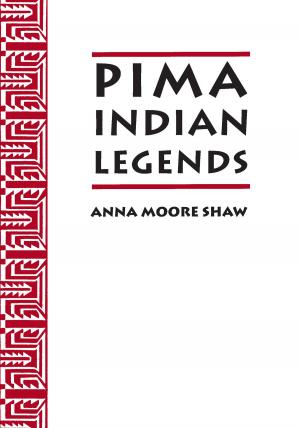Connected Communities
Networks, Identity, and Social Change in the Ancient Cibola World
Nonfiction, Social & Cultural Studies, Social Science, Archaeology| Author: | Matthew A. Peeples | ISBN: | 9780816538232 |
| Publisher: | University of Arizona Press | Publication: | February 20, 2018 |
| Imprint: | University of Arizona Press | Language: | English |
| Author: | Matthew A. Peeples |
| ISBN: | 9780816538232 |
| Publisher: | University of Arizona Press |
| Publication: | February 20, 2018 |
| Imprint: | University of Arizona Press |
| Language: | English |
The Cibola region on the Arizona–New Mexico border has fascinated archaeologists for more than a century. The region’s core is recognized as the ancestral homeland of the contemporary Zuni people, and the area also spans boundaries between the Ancestral Puebloan and Mogollon culture areas. The complexity of cross-cutting regional and cultural designations makes this an ideal context within which to explore the relationship between identity and social change at broad regional scales.
In Connected Communities, Matthew A. Peeples examines a period of dramatic social and political transformation in the ancient Cibola region (ca. A.D. 1150–1325). He analyzes archaeological data generated during a century of research through the lens of new and original social theories and methods focused on exploring identity, social networks, and social transformation. In so doing, he demonstrates the value of comparative, synthetic analysis.
The book addresses some of the oldest enduring questions in archaeology: How do large-scale social identities form? How do they change? How can we study such processes using material remains? Peeples approaches these questions using a new set of methods and models from the broader comparative social sciences (relational sociology and social networks) to track the trajectories of social groups in terms of both networks of interactions (relations) and expressions of similarity or difference (categories). He argues that archaeological research has too often conflated these different kinds of social identity and that this has hindered efforts to understand the drivers of social change.
In his strikingly original approach, Peeples combines massive amounts of new data and comparative explorations of contemporary social movements to provide new insights into how social identities formed and changed during this key period.
The Cibola region on the Arizona–New Mexico border has fascinated archaeologists for more than a century. The region’s core is recognized as the ancestral homeland of the contemporary Zuni people, and the area also spans boundaries between the Ancestral Puebloan and Mogollon culture areas. The complexity of cross-cutting regional and cultural designations makes this an ideal context within which to explore the relationship between identity and social change at broad regional scales.
In Connected Communities, Matthew A. Peeples examines a period of dramatic social and political transformation in the ancient Cibola region (ca. A.D. 1150–1325). He analyzes archaeological data generated during a century of research through the lens of new and original social theories and methods focused on exploring identity, social networks, and social transformation. In so doing, he demonstrates the value of comparative, synthetic analysis.
The book addresses some of the oldest enduring questions in archaeology: How do large-scale social identities form? How do they change? How can we study such processes using material remains? Peeples approaches these questions using a new set of methods and models from the broader comparative social sciences (relational sociology and social networks) to track the trajectories of social groups in terms of both networks of interactions (relations) and expressions of similarity or difference (categories). He argues that archaeological research has too often conflated these different kinds of social identity and that this has hindered efforts to understand the drivers of social change.
In his strikingly original approach, Peeples combines massive amounts of new data and comparative explorations of contemporary social movements to provide new insights into how social identities formed and changed during this key period.















